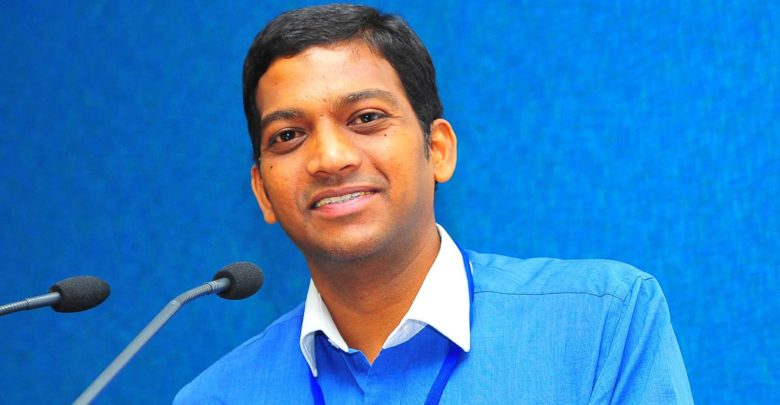The Supreme Court of India on 1st July 2015 awarded a compensation of 1.8 crore rupees as damages to a girl who was rendered blind due to lack of timely referral by paediatricians for Retinopathy of prematurity(ROP) check up. It reminded me of a similar incident during my fellowship. A child with both eyes stage 5 ROP with closed funnel retinal detachment was referred to the hospital. After the consultant broke the sad news to the parents, a flurry of questions followed which was patiently answered to. Finally, the visibly shaken mother asked,” Doctor, had the paediatrician referred the child on time to an ophthalmologist, could the vision have been saved.” It was a very tricky question, considering the hospital’s policy of not passing adverse comments on the work done by other Doctors. The answer by the consultant was,” I do not know if the vision could have been saved but I am pretty sure that the child is alive only because of the good work done by the paediatrician.” As a student, I admired the way in which the question was deftly handled. However, a section of people are bound to believe that this kind of action amounted to glossing over the failings of colleagues. Many articles have been written about how Doctors fiercely protect each other in front of the patients. Authors have likened it to “Omerta” or the oath of silence sworn by the members of the mafia. This is usually done to avoid any medical litigation. The usual rationalisation that is done is,” We do not know the circumstance under which such a situation has arisen and hence we cannot comment.” But what would you do if the opinion given by two doctors is completely at odds with each other? I once had a patient who had a vision of 6/6 with glass correction and no cataract. After advising a glass prescription, I was suddenly confronted by the patient’s attendant who wanted me to confirm the absence of cataract. When I repeated my opinion, he asked me whether I knew what a cataract was because another ophthalmologist had not only confirmed the presence of cataract but had also advised a cataract surgery. The situation was indeed a delicate one. The patient was questioning my ability to identify cataract and had virtually passed a verdict denouncing my skills and there was nothing I could do about it because of my oath to remain silent. On a graver note, we come across a lot of advertisements where people of dubious nature claim to have treatment for conditions like retinitis pigmentosa and other macular degenerations. This itself is deplorable but what takes the cake is when they claim to cure anything under the sun without any side effects in a “natural” way and to emphasise their speciality talk in an ominous tone about how the current allopathic treatment be it injections, laser or surgery is full of chemicals which fills the body with toxins with little clinical benefit! We come across patients seeking second opinion about these kinds of treatment. This would indeed be a tricky situation. For, on one hand we are bound to the code of silence and on the other hand we would be guilty of tacitly supporting somebody who is clearly committing a fraud. So what would be the best thing to do? The answer perhaps lies in a parable narrated by Sri Ramakrishna Paramahamsa. The story goes thus. A snake lived near a village. It was notorious for biting the cattle and people of the village. Once a saint passed by the village and came to know about this snake. He accosted the snake and advised it not to harm the villagers or their cattle. The snake obliged. The villagers who came to know of this slowly stopped fearing the snake and end up physically harming it. The helpless snake bound by the word given to the saint could do nothing to defend itself. The saint on returning to the village learnt about the snake’s fate and advised it thus,” I have asked you not to bite the people, but did not tell you to stop hissing.” Similarly, as doctors we must avoid making adverse comments against other colleagues but in the same breath we must also act in a manner where our good intentions are not used against our interest. So how do we decide where we need to speak up? The answer lies in the Latin phrase “Primum non nocere” meaning “First do no harm” borrowed from the Hippocratic oath. In the first example I had cited, the harm has already been done and the Doctor’s intervention would have made no difference. In the second case, enough doubt is created in the patient’s mind due to the difference of opinion to perhaps go slow on the decision to undergo cataract surgery. The third example is where a Doctor ought to deal with the situation tactfully. If one were to seek my opinion regarding such dubious medical shops, I would back my treatment protocols basing them on scientific evidence gathered from peer reviewed journals and urge the patient to seek similar evidence from the other party and make their own informed decisions. Hopefully that must do the trick!
Published Online: February 13th, 2020 |
Read Time: 7 minutes, 18 seconds
